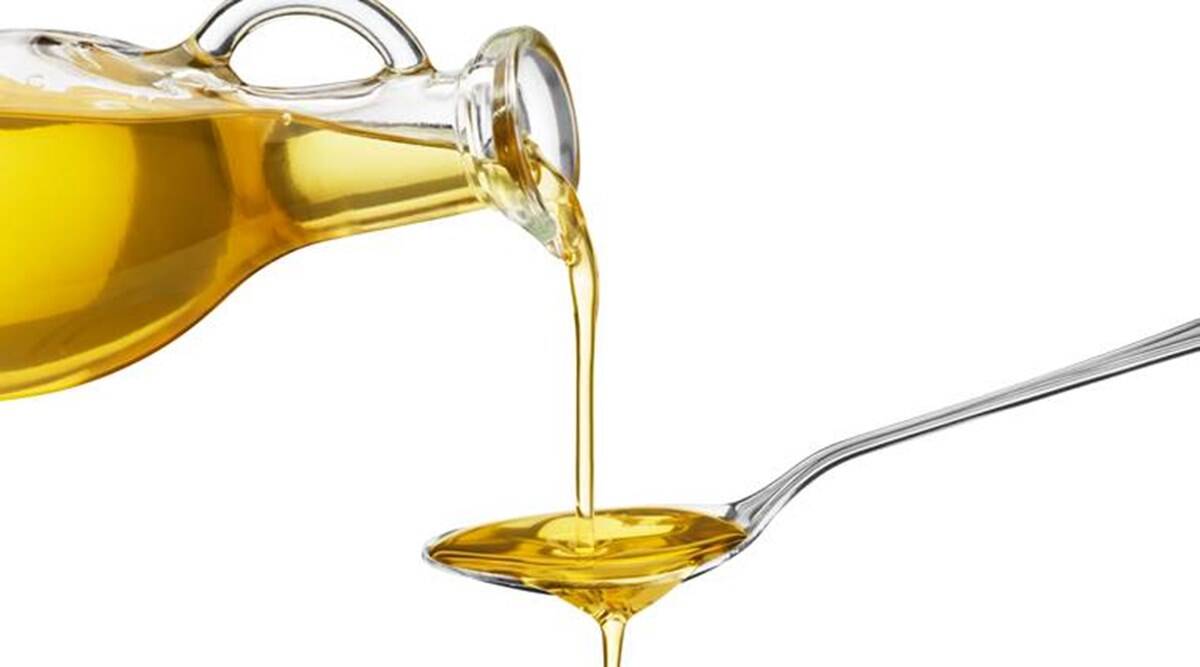“It is hard to determine the difference between the two kinds of oil while cooking or tasting food, but both of them have different nutritional content, physiological and chemical properties,” said Arthi Raguram.

Oils form an essential part of the everyday diet as they are widely used to prepare different kinds of dishes, from salads to main courses and even snacks. Thus, opting for the right kind of oil should be a conscious decision because it largely influences your cardiovascular health.
“With the growing inclination towards a healthy lifestyle, people are opting for cold-pressed oils and ditching regular/refined oils to maintain optimal functioning of their heart. It is hard to determine the difference between the two kinds of oil while cooking or tasting food, but both of them have different nutritional content, physiological and chemical properties,” Arthi Raguram, Founder.
Manufacturing process
The method of extracting oil makes all the difference to its quality and flavour. The extraction process of cold-pressed oils involves crushing oil-bearing nuts or seeds under pressure using low heating methods. Generally, the seeds are placed in a huge cylinder where they are continuously rotated and crushed until all the oil is collected. Since the process does not involve an excess amount of heat or chemical solvents, cold-pressed oils retain their original flavor, taste, aroma, and nutritional value. “Not only the oil is highly beneficial for your cardiovascular health, but also your skin when topically applied. On the contrary, regular refined oils are extracted by using high temperatures and treated with chemical solvents that degrade their flavor, taste, and nutritional composition,” she explained.
Nutritional value
Cold-pressed oils are rich in essential fatty acids, antioxidants, vitamin E, vitamin K, vitamin C, and other healthy fats as they preserve the potent nutrients of their ingredients and maintain their natural form. Thus, consumption of cold-pressed oils is considered safe and healthy, especially for people with chronic disorders. Excessive heat destroys the potent compounds of the seeds or nuts while processing and the further treatment of hot-pressed oils with chemicals such as acetic acid, hexane, and bleaching soda destroys all the nutrients. While consuming cold-pressed oils can protect the heart by reducing bad cholesterol and blood pressure levels, intake of refined oils in everyday diet can increase the risk of strokes and heart attack significantly.
Shelf-life
“Regular oils undergo hydrogenation process and are further treated with harmful chemicals to increase their shelf-life and yield capacity. On the other hand, since cold-pressed oils are unfiltered and minimally processed, they have a shorter shelf-life and produce a lower yield. For this reason, hot-pressed or regular oils are relatively cheaper than cold-pressed oils with greater quality,” she shared.
Cooking method
Cold-pressed oils are suitable for food prepared in medium to low heat due to their low smoking points whereas hot-pressed oils are preferred for preparing meals at high temperatures due to their high smoking points.
Making a switch from regular oil to cold-pressed oil can be difficult and expensive, but this little transformation can make a big difference to your health and well-being. Some of the cold-pressed oils to include in your diet for good heart health are coconut oil, olive oil, sunflower oil, groundnut oil, flaxseed oil, walnut oil, borage oil, etc.
